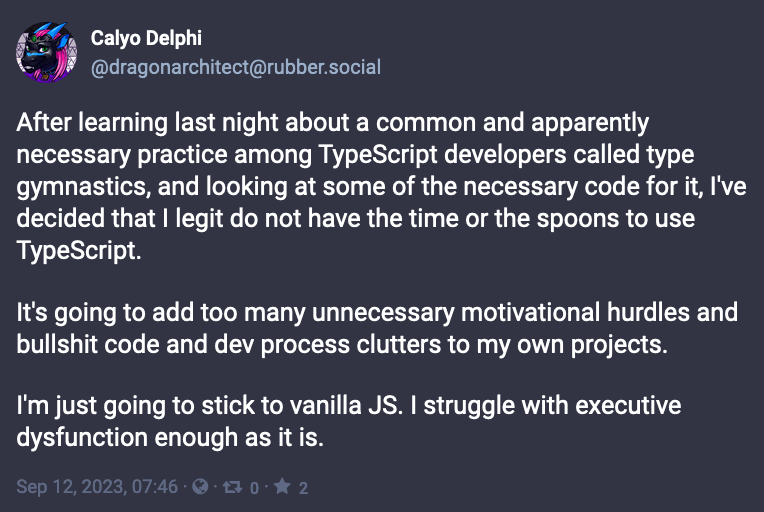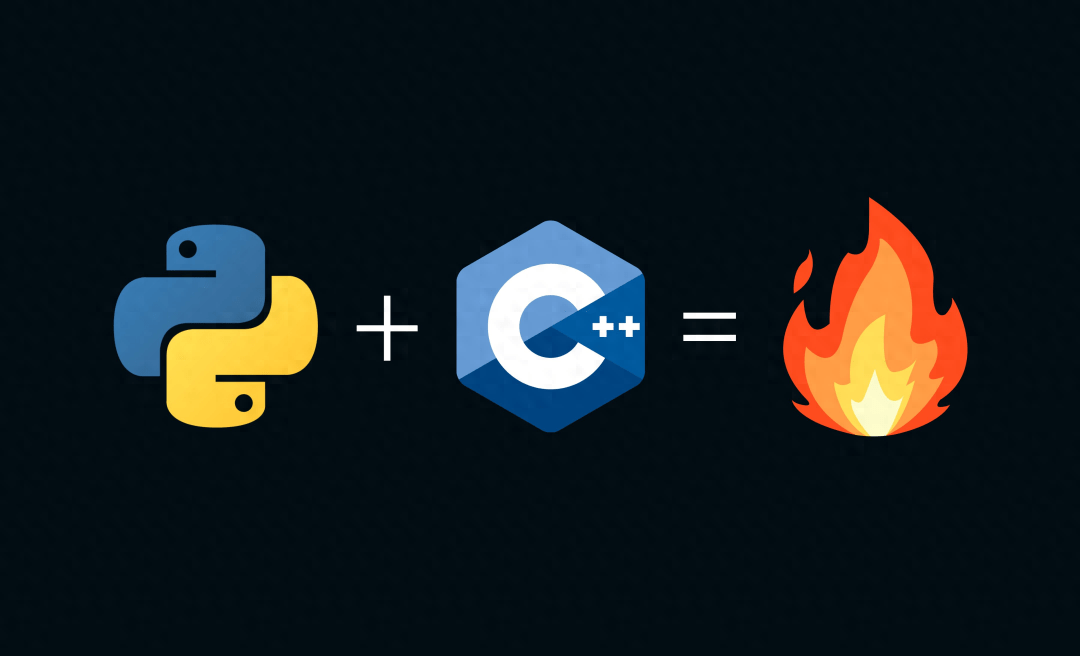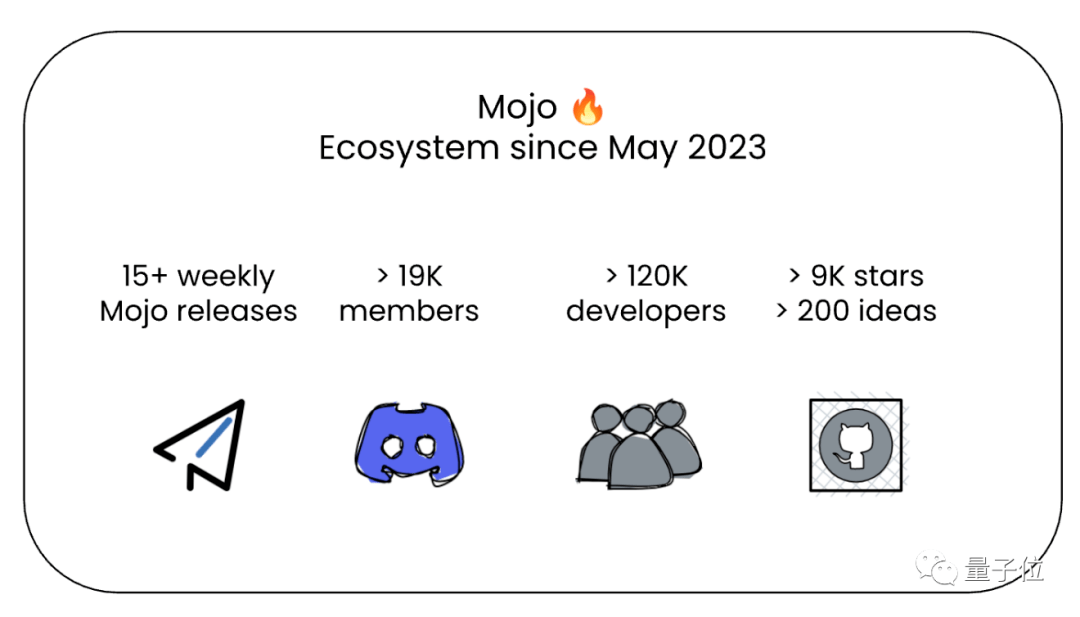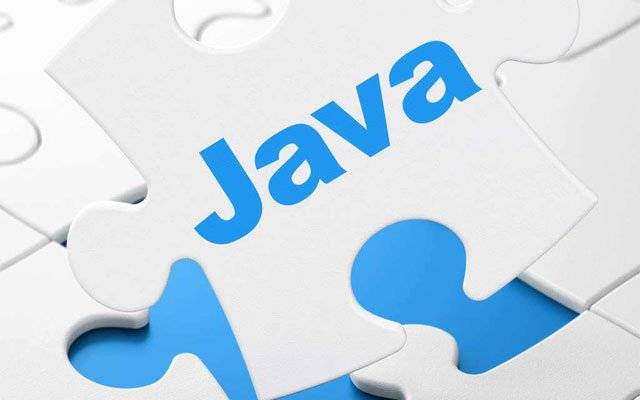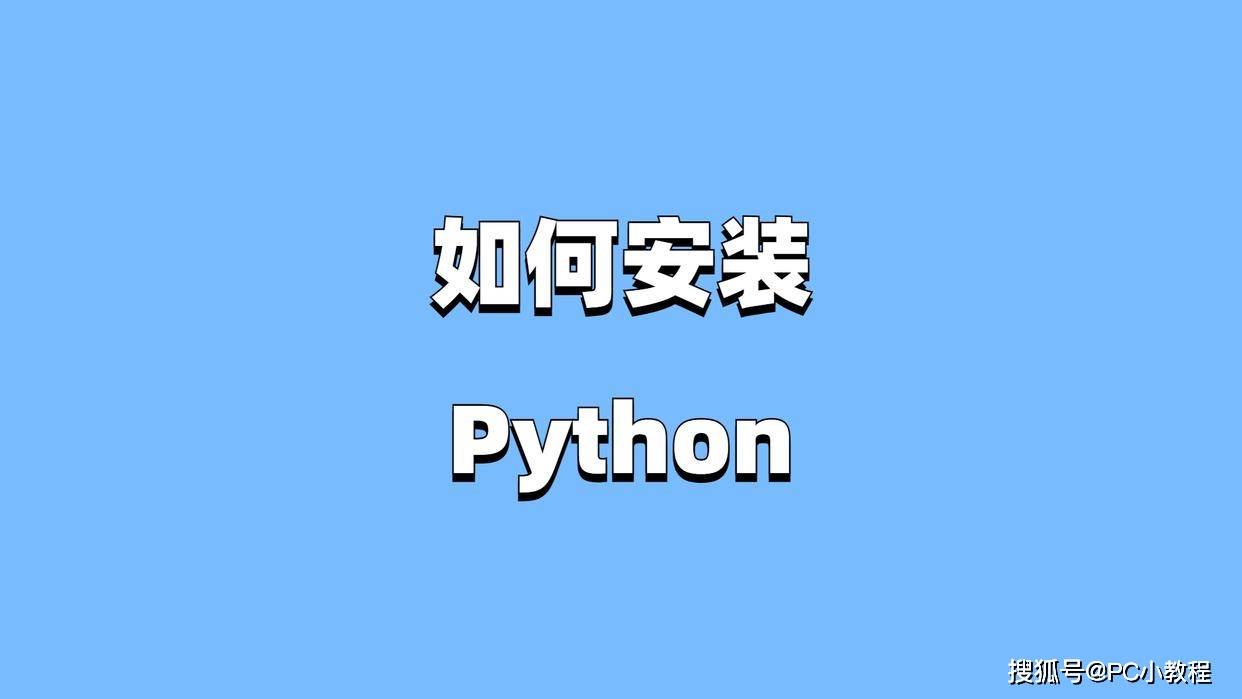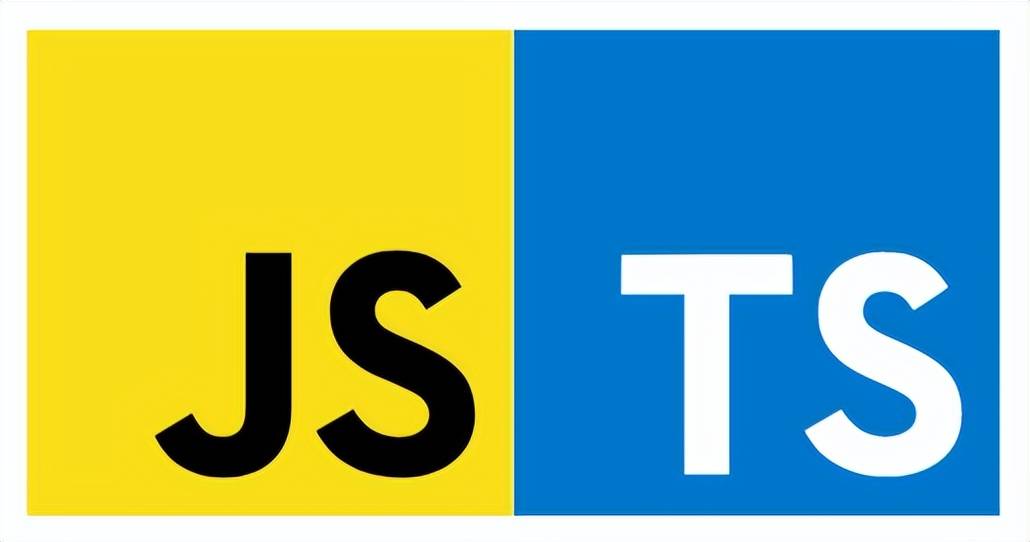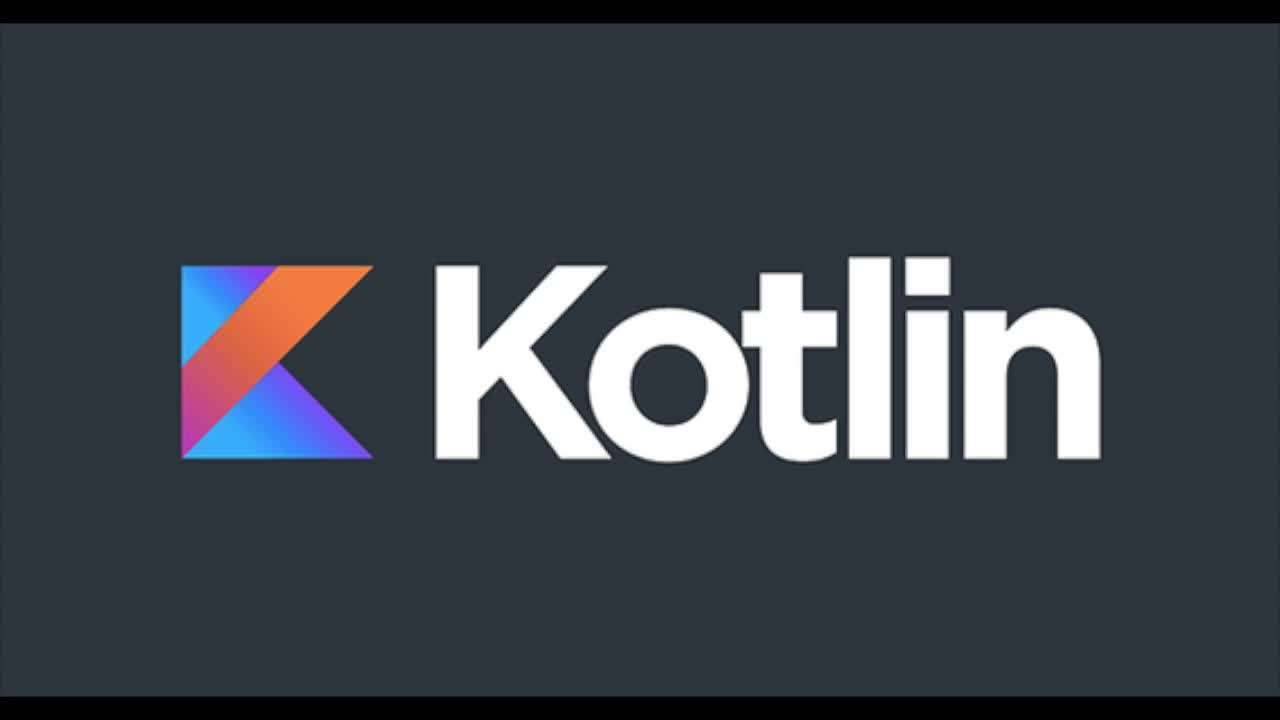Netty和原生Java的性能比较
2023-05-16 Java学研大本营
加入收藏
.NETty是一种基于异步事件循环的网络应用编程方法。本文对比Netty与JAVA的本地服务器。虽然目前本地服务器使用的人不多,但我仍要找出netty比本地服务器的好处有多少。让我们开始吧。

1 测试设置
软件的版本是:
-
Netty 4.1.91 (Java v20) -
Java v20
这两种情况下的hello world HTTP服务器代码如下:
2 Netty
2.1 HttpHelloWorldServer.java
package com.example.demo;
import io.netty.channel.Channel;
import io.netty.channel.ChannelOption;
import io.netty.channel.nio.NioEventLoopGroup;
import io.netty.channel.socket.nio.NIOServerSocketChannel;
import io.netty.bootstrap.ServerBootstrap;
public final class HttpHelloWorldServer {
static final int PORT = 3000;
public static void mAIn(String[] args) throws Exception {
NioEventLoopGroup bossGroup = new NioEventLoopGroup();
NioEventLoopGroup workerGroup = new NioEventLoopGroup();
try {
ServerBootstrap b = new ServerBootstrap();
b.option(ChannelOption.SO_BACKLOG, 1024);
b.group(bossGroup, workerGroup)
.channel(NioServerSocketChannel.class)
.childHandler(new HttpHelloWorldServerInitializer());
Channel ch = b.bind(PORT).sync().channel();
ch.closeFuture().sync();
} finally {
bossGroup.shutdownGracefully();
workerGroup.shutdownGracefully();
}
}
}
2.2 HttpHelloWorldServerInitializer.java
package com.example.demo;
import io.netty.channel.ChannelInitializer;
import io.netty.channel.ChannelPipeline;
import io.netty.channel.socket.SocketChannel;
import io.netty.handler.codec.compression.CompressionOptions;
import io.netty.handler.codec.http.HttpContentCompressor;
import io.netty.handler.codec.http.HttpServerCodec;
import io.netty.handler.codec.http.HttpServerExpectContinueHandler;
public class HttpHelloWorldServerInitializer extends ChannelInitializer<SocketChannel> {
@Override
public void initChannel(SocketChannel ch) {
ChannelPipeline p = ch.pipeline();
p.addLast(new HttpServerCodec());
p.addLast(new HttpContentCompressor((CompressionOptions[]) null));
p.addLast(new HttpServerExpectContinueHandler());
p.addLast(new HttpHelloWorldServerHandler());
}
}
2.3 HttpHelloWorldServerHandler.java
package com.example.demo;
import io.netty.buffer.Unpooled;
import io.netty.channel.ChannelFuture;
import io.netty.channel.ChannelFutureListener;
import io.netty.channel.ChannelHandlerContext;
import io.netty.channel.SimpleChannelInboundHandler;
import io.netty.handler.codec.http.DefaultFullHttpResponse;
import io.netty.handler.codec.http.FullHttpResponse;
import io.netty.handler.codec.http.HttpObject;
import io.netty.handler.codec.http.HttpRequest;
import io.netty.handler.codec.http.HttpUtil;
import static io.netty.handler.codec.http.HttpHeaderNames.CONNECTION;
import static io.netty.handler.codec.http.HttpHeaderNames.CONTENT_LENGTH;
import static io.netty.handler.codec.http.HttpHeaderNames.CONTENT_TYPE;
import static io.netty.handler.codec.http.HttpHeaderValues.CLOSE;
import static io.netty.handler.codec.http.HttpHeaderValues.KEEP_ALIVE;
import static io.netty.handler.codec.http.HttpHeaderValues.TEXT_PLAIN;
import static io.netty.handler.codec.http.HttpResponseStatus.OK;
public class HttpHelloWorldServerHandler extends SimpleChannelInboundHandler<HttpObject> {
private static final byte[] CONTENT = { 'H', 'e', 'l', 'l', 'o', ' ', 'W', 'o', 'r', 'l', 'd', '!' };
@Override
public void channelReadComplete(ChannelHandlerContext ctx) {
ctx.flush();
}
@Override
public void channelRead0(ChannelHandlerContext ctx, HttpObject msg) {
if (msg instanceof HttpRequest) {
HttpRequest req = (HttpRequest) msg;
boolean keepAlive = HttpUtil.isKeepAlive(req);
FullHttpResponse response = new DefaultFullHttpResponse(req.protocolVersion(), OK,
Unpooled.wrAppedBuffer(CONTENT));
response.headers()
.set(CONTENT_TYPE, TEXT_PLAIN)
.setInt(CONTENT_LENGTH, response.content().readableBytes());
if (keepAlive) {
if (!req.protocolVersion().isKeepAliveDefault()) {
response.headers().set(CONNECTION, KEEP_ALIVE);
}
} else {
response.headers().set(CONNECTION, CLOSE);
}
ChannelFuture f = ctx.write(response);
if (!keepAlive) {
f.addListener(ChannelFutureListener.CLOSE);
}
}
}
@Override
public void exceptionCaught(ChannelHandlerContext ctx, Throwable cause) {
cause.printStackTrace();
ctx.close();
}
}
3 Native Java
import java.io.IOException;
import java.io.OutputStream;
import java.net.InetSocketAddress;
import java.util.concurrent.Executors;
import com.sun.net.httpserver.HttpExchange;
import com.sun.net.httpserver.HttpHandler;
import com.sun.net.httpserver.HttpServer;
public class NativeHelloWorldServer {
public static void main(String[] args) throws Exception {
HttpServer server = HttpServer.create(new InetSocketAddress(3000), 0);
server.createContext("/", new MyHandler());
server.setExecutor(Executors.newCachedThreadPool());
server.start();
}
static class MyHandler implements HttpHandler {
@Override
public void handle(HttpExchange t) throws IOException {
String response = "Hello world!";
t.sendResponseHeaders(200, response.length());
OutputStream os = t.getResponseBody();
os.write(response.getBytes());
os.close();
}
}
}
4 执行
每个测试都是针对5M(500万)请求执行的,测试是针对10、100和300个并发连接执行的。负载测试是使用Bombardier HTTP测试工具。在进行读数之前,先进行1000个请求的预热。
以下是显示每个并发级别的结果的表格:



5 分析结果
可以看出,与Java本地服务器相比,Netty确实带来了很大的改进,更具性能优势。
WINNER: Netty


